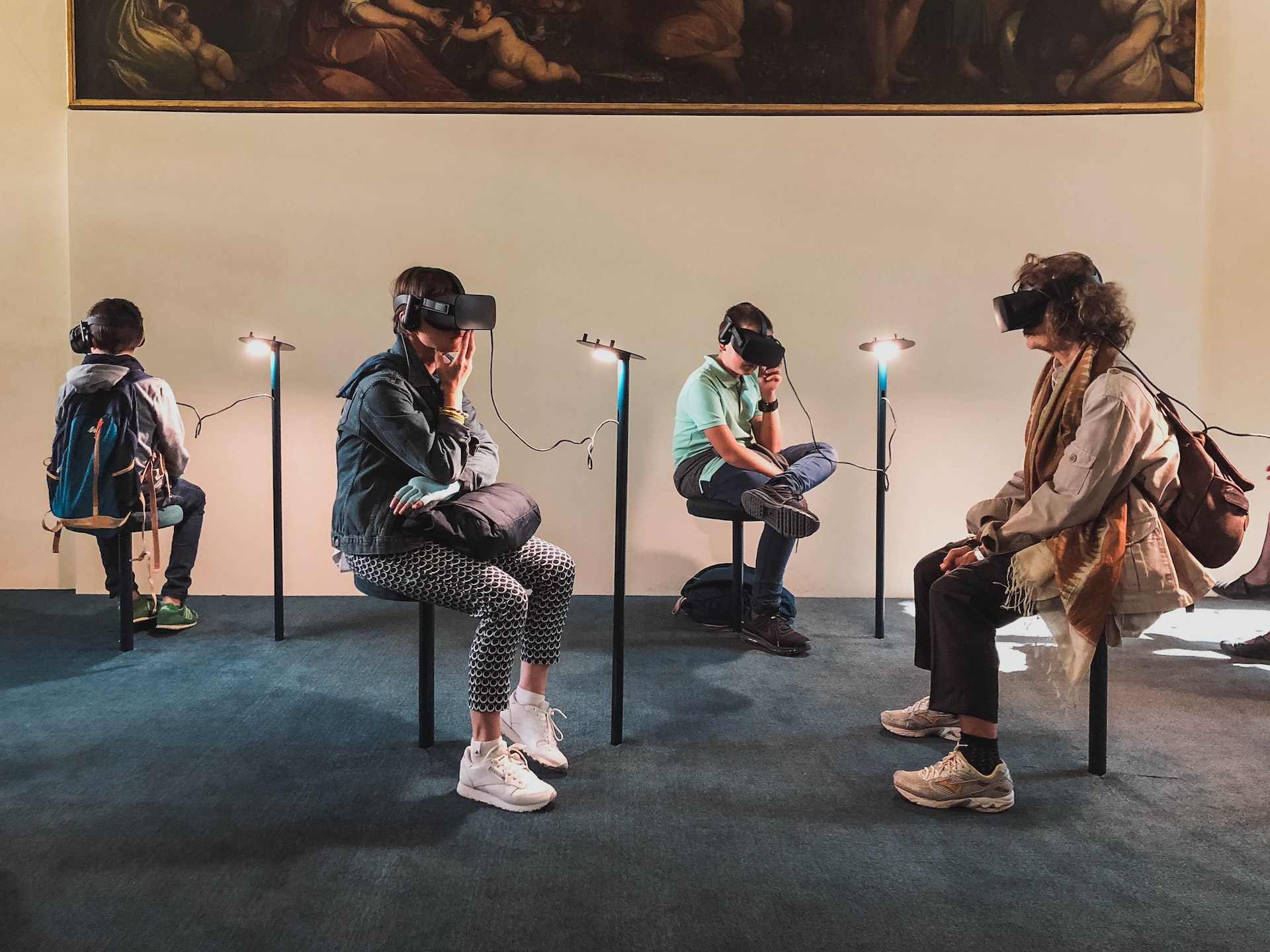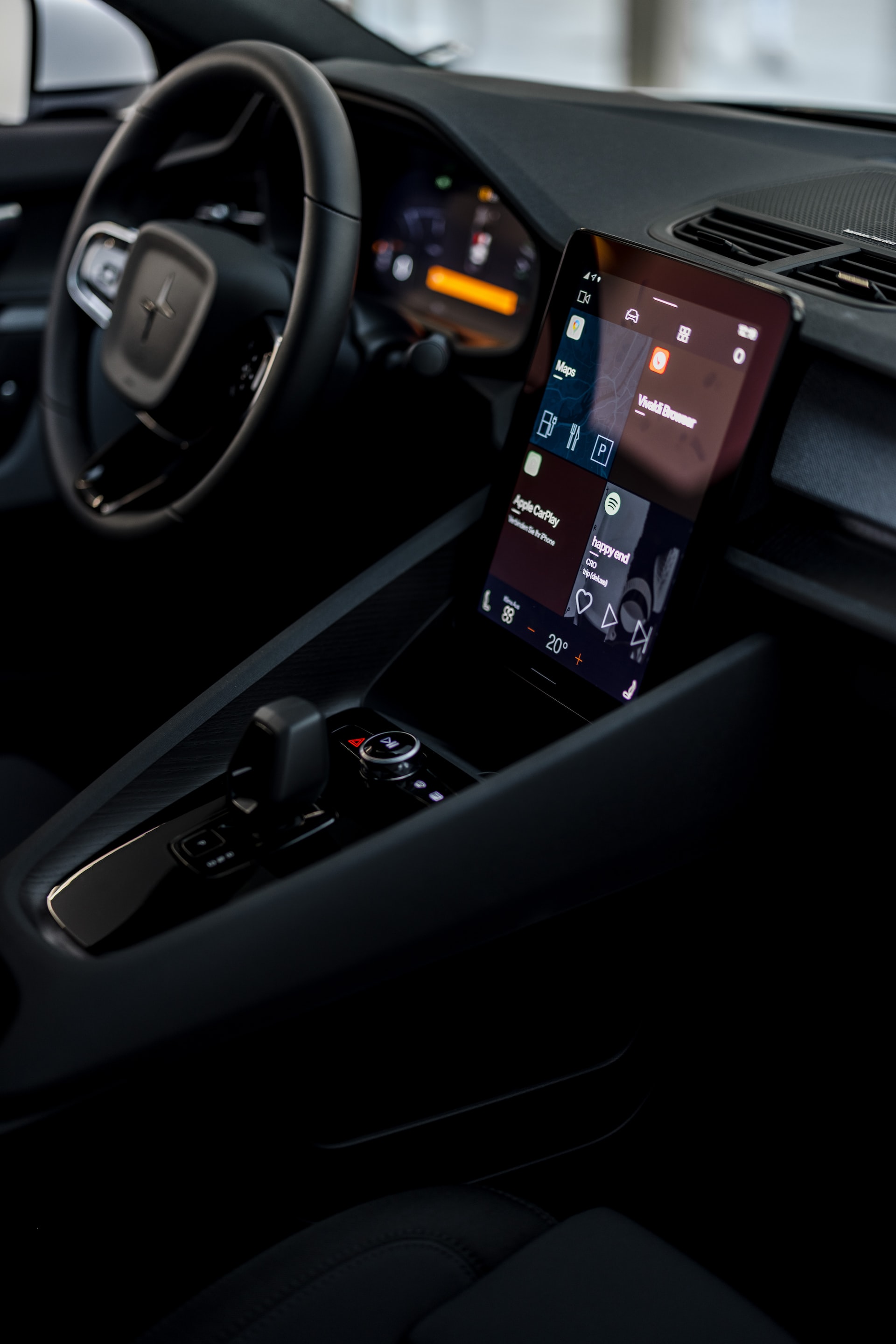Case Study Challenge
Objective
The automobile company faced challenges in delivering engaging experiences to customers, particularly in an increasingly digital and remote world. They recognized the potential of the metaverse to bridge the physical and digital realms, allowing customers to explore, interact, and personalize their automotive journeys in virtual environments. The company embarked on a metaverse initiative to transform the way customers experience and interact with their brand.

01
Solution
Objective
The automobile company implemented a comprehensive metaverse strategy, encompassing several key components:
02
Virtual Showrooms and Test Drives
Objective
Virtual showrooms were created within the metaverse, offering customers the opportunity to explore the company's latest vehicle models in immersive 3D environments. Through realistic simulations and interactive experiences, potential buyers could examine vehicles, customize specifications, and even take virtual test drives. This not only provided a unique and engaging customer experience but also expanded the company's reach to customers worldwide.
03
Virtual Events and Engagements
Objective
The automobile company hosted virtual events and engagements within the metaverse to foster customer interaction and brand immersion. This included virtual launch parties, exclusive previews, and interactive workshops. Customers could participate in live Q&A sessions, connect with experts, and experience the company's products and services in virtual spaces. These events helped to create a sense of community, deepen brand loyalty, and generate buzz around new offerings.
04
Virtual Maintenance and Support
Objective
The metaverse offered a platform for virtual maintenance and support services. Customers could access digital guides, tutorials, and troubleshooting assistance within the virtual environment. This empowered customers to perform basic maintenance tasks, seek support from virtual assistants, and connect with customer service representatives. The metaverse became a one-stop destination for customers to address their automotive needs, enhancing convenience and efficiency.
05
Virtual Test Prototyping
Objective
The metaverse served as a virtual sandbox for the company to test and prototype new vehicle designs and features. Engineers and designers could collaborate in virtual spaces, visualize concepts, and gather real-time feedback. This accelerated the product development cycle, reduced costs associated with physical prototypes, and enabled rapid iterations based on user input and market trends.
Results
The automobile company's metaverse initiative yielded significant outcomes:
● Enhanced customer engagement and immersive experiences, leading to increased brand loyalty and customer satisfaction.
● Expanded market reach by enabling virtual interactions with customers worldwide, transcending geographical limitations.
● Reduced time to market through virtual test prototyping, enabling faster innovation and product development.
● Improved customer self-service capabilities through virtual maintenance and support, enhancing convenience and reducing support costs.
● Enhanced brand perception as an industry leader in embracing emerging technologies and digital innovation.
Conclusion
The automobile company's metaverse strategy successfully transformed the way customers interacted with their brand and vehicles. By leveraging virtual showrooms, events, support services, and prototyping capabilities within the metaverse, the company created immersive and personalized experiences that exceeded customer expectations. This case study highlights the potential of the metaverse to revolutionize the automotive industry, redefine customer experiences, and drive digital innovation. It serves as an inspiration for automobile companies seeking to embrace emerging technologies and stay at the forefront of the digital revolution.






